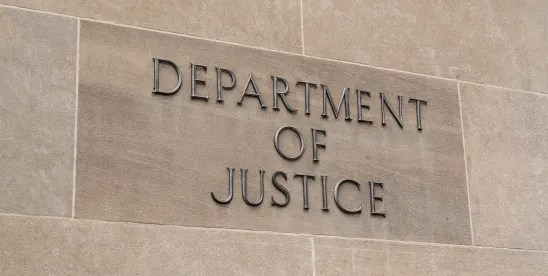Wednesday evening, February 5, 2025, Attorney General Pam Bondi issued a series of memos to various divisions of the Department of Justice (DOJ). One memo asserted that the DOJ will take action to enforce President Trump’s efforts to eliminate illegal diversity, equity, and inclusion (DEI) initiatives, as outlined in Executive Order 14173 (“Ending Illegal Discrimination and Restoring Merit-Based Opportunity”).
This memo, titled “Ending Illegal DEI And DEIA Discrimination And Preferences,” tasks the DOJ’s Civil Rights Division with investigating, eliminating, and penalizing illegal DEI “preferences, mandates, policies, programs, and activities in the private sector and in educational institutions that receive federal funds.” By March 1, 2025, the Civil Rights Division and the Office of Legal Policy are to submit a report containing recommendations to “encourage the private sector to end illegal discrimination and preferences” related to DEI. That report is also supposed to identify the most “egregious and discriminatory DEI and DEIA practitioners in each sector of concern.” One big takeaway from this memo is the implication that some private companies may face criminal penalties for DEI initiatives.
Bondi also directs the DOJ to work with the Department of Education to eliminate DEI programs at universities, based on the Supreme Court’s 2023 decision in Students for Fair Admissions, Inc. v. Fellows of Harvard Coll., 600 U.S. 181 (2023).
Notably, the memo itself does not purport to prohibit educational, cultural, or historical observances that “celebrate diversity, recognize historical contributions, and promote awareness without engaging in exclusion or discrimination.” Examples of these types of observances include Black History Month and International Holocaust Remembrance Day.
This new effort from the DOJ will likely face legal scrutiny in the coming weeks, as federal courts have routinely upheld private employers’ First Amendment right to promote DEI. Employers should stay up to date with the rapidly evolving DEI landscape and consult with legal counsel as they evaluate their practices and initiatives for compliance with federal non-discrimination laws.





 />i
/>i
